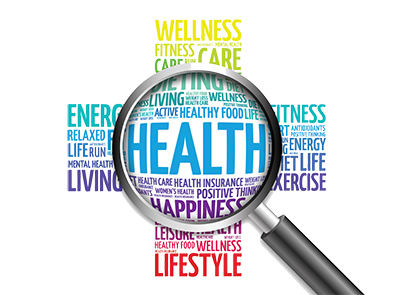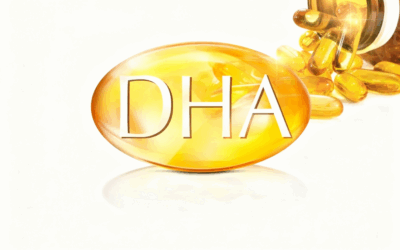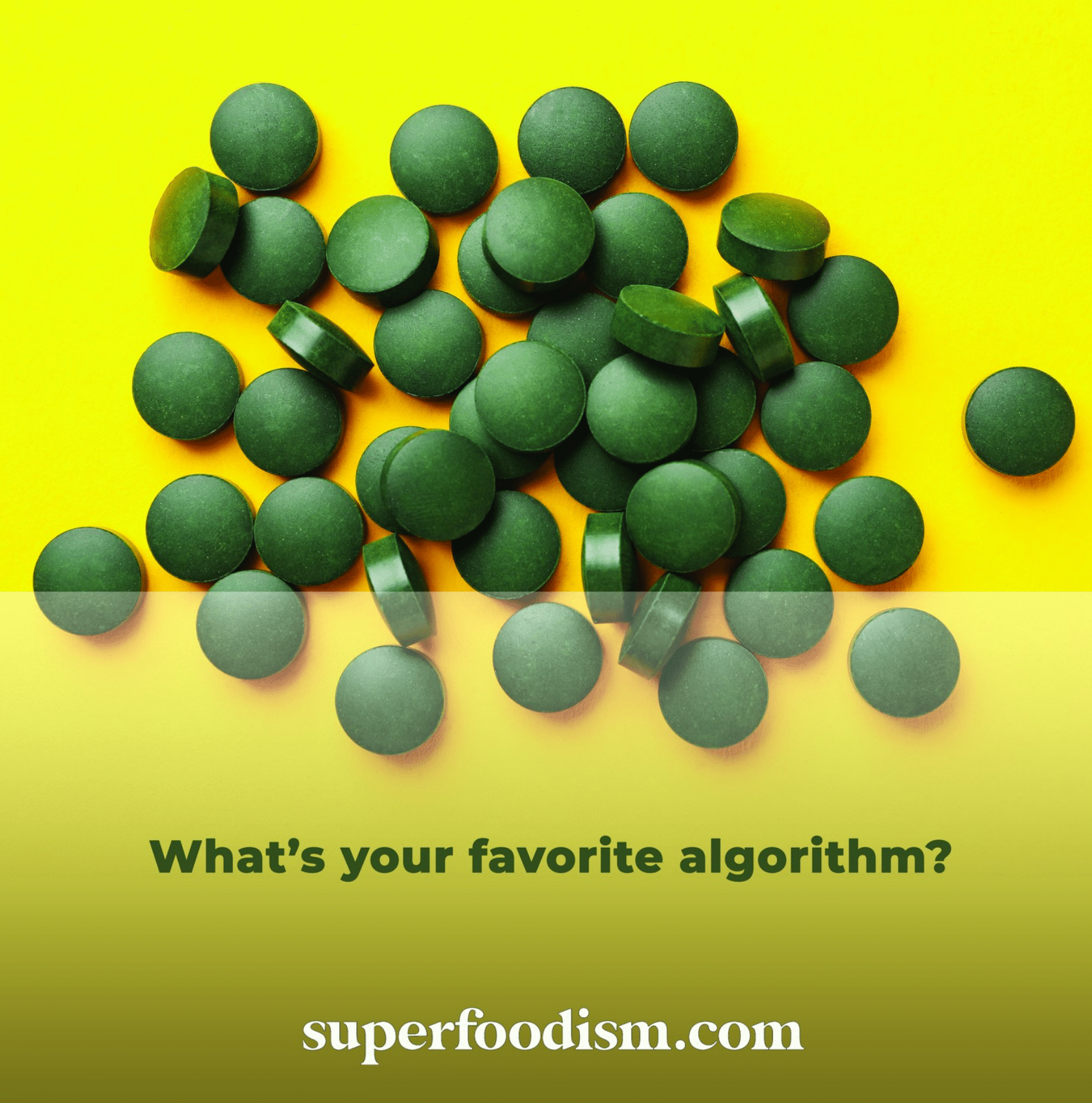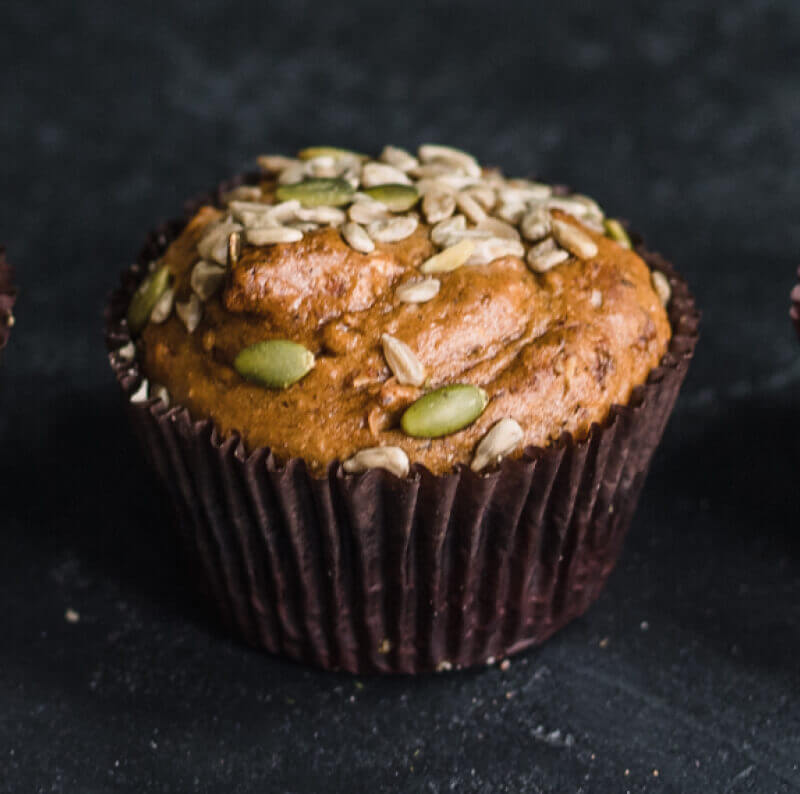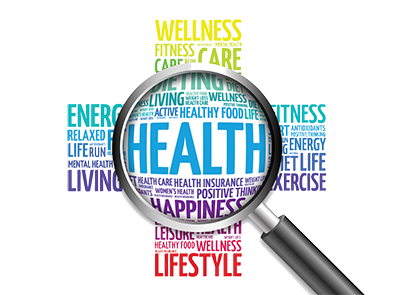A team of scientists from the Université catholique de Louvain (UCLouvain) in Belgium has found that one type of omega-3 fatty acid, called DHA (docosahexaenoic acid), can make certain tumor cells destroy themselves. DHA is best known as the omega-3 found in fish,...
Could Spirulina Work Against Flu? Yes It Can!
The flu is a worldwide problem, with seasonal outbreaks causing millions of severe cases and hundreds of thousands of deaths every year. To make matters worse, flu viruses mutate rapidly, making vaccines and antiviral drugs way less effective. So what if a natural...
Over 50? You May Wanna Up Your Vitamin D!
Keep Your Muscles in Shape After 50 with a Daily Dose of Vitamin D As we age, especially after 50, maintaining muscle strength becomes more challenging—particularly for those who don’t engage in regular physical activity at all. Without it, you can lose approximately...
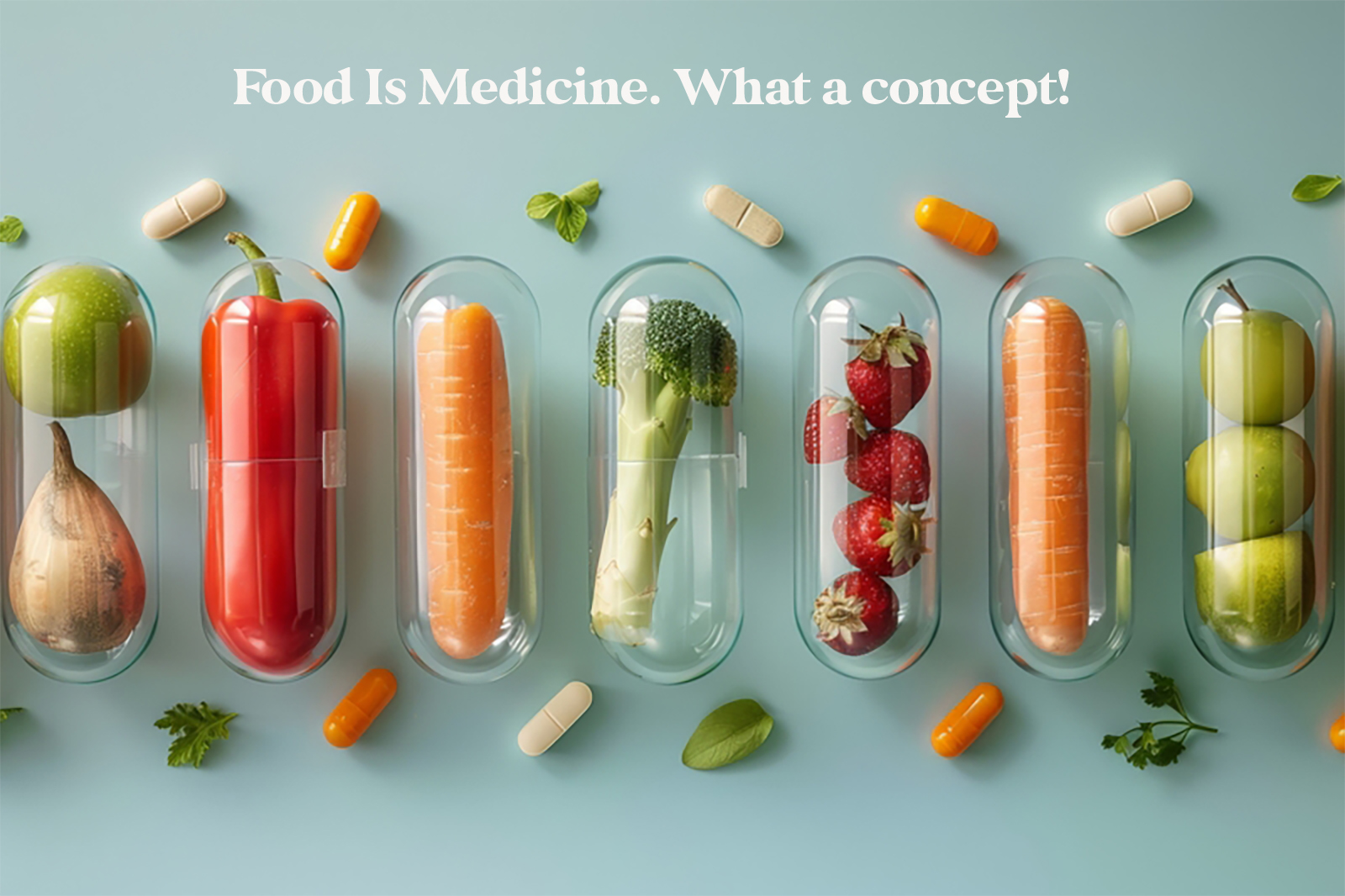
Since 2012, the so-called claims legislation has been in effect in the EU, which limits companies that sell food and dietary supplements in how much they can say about the effects of their products. Only a limited number of claims are allowed, namely 250 in total. The purpose of this legislation is to protect consumers from misleading information and to ensure that claims are based on scientific evidence. This is, of course, a positive objective! However, a less desirable, and perhaps unintended, side effect is that a wealth of valuable information remains underexposed because of this. In databases like PubMed, more than 20,000 articles are published annually on nutrition, nutrients, and their interactions with the body.
These publications range from clinical studies and meta-analyses to in vitro and animal studies. Although there are hundreds of thousands to millions of studies of varying quality available in public databases, in practice, very few health claims are approved. This is because companies need to invest a significant amount of time, money, and scientific expertise to submit and get a claim approved. Since natural products cannot be patented or protected, companies cannot recover the costs of this process. As a result, many potential claims are never submitted, despite the available scientific literature. This is particularly costly for small and medium-sized companies.
This is why you will never see approved health claims for natural products like strawberries, ginger, or broccoli, but you will for processed products like margarine and baby formula. The products that deserve the most health claims often don’t have them, because the cost of approval does not outweigh the economic benefits, and the profit margins on unprocessed products are lower.
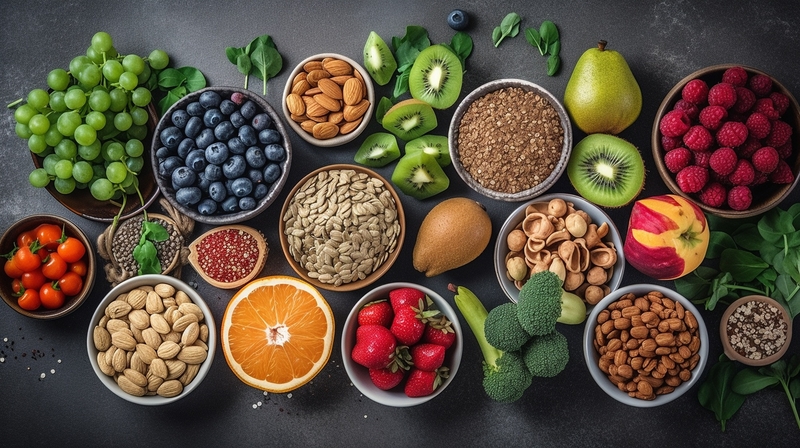
Whole foods (like fruits, vegetables, beans, nuts, and grains) that are naturally rich in vitamins, minerals, fiber, or antioxidants are the foods that would deserve health claims the most, yet they typically don’t have them!
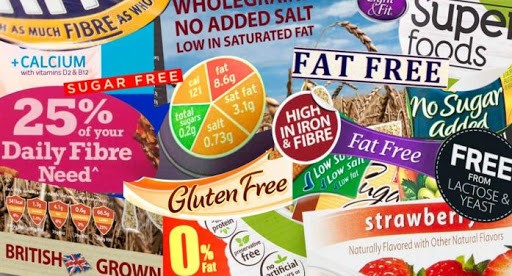

Amazing Turmeric
While turmeric’s anti-inflammatory power is impressive, another compelling benefit is its potential to improve brain health, specifically in fighting neurodegenerative diseases like Alzheimer’s. Curcumin may help by crossing the blood-brain barrier and reducing inflammation and oxidative stress in brain cells. Studies also suggest it can boost levels of BDNF (brain-derived neurotrophic factor), a protein linked to improved memory and mood and potentially slowing cognitive decline. Although more research is still needed, this brain-protective potential is one reason turmeric stands out in the world of natural health supplements.
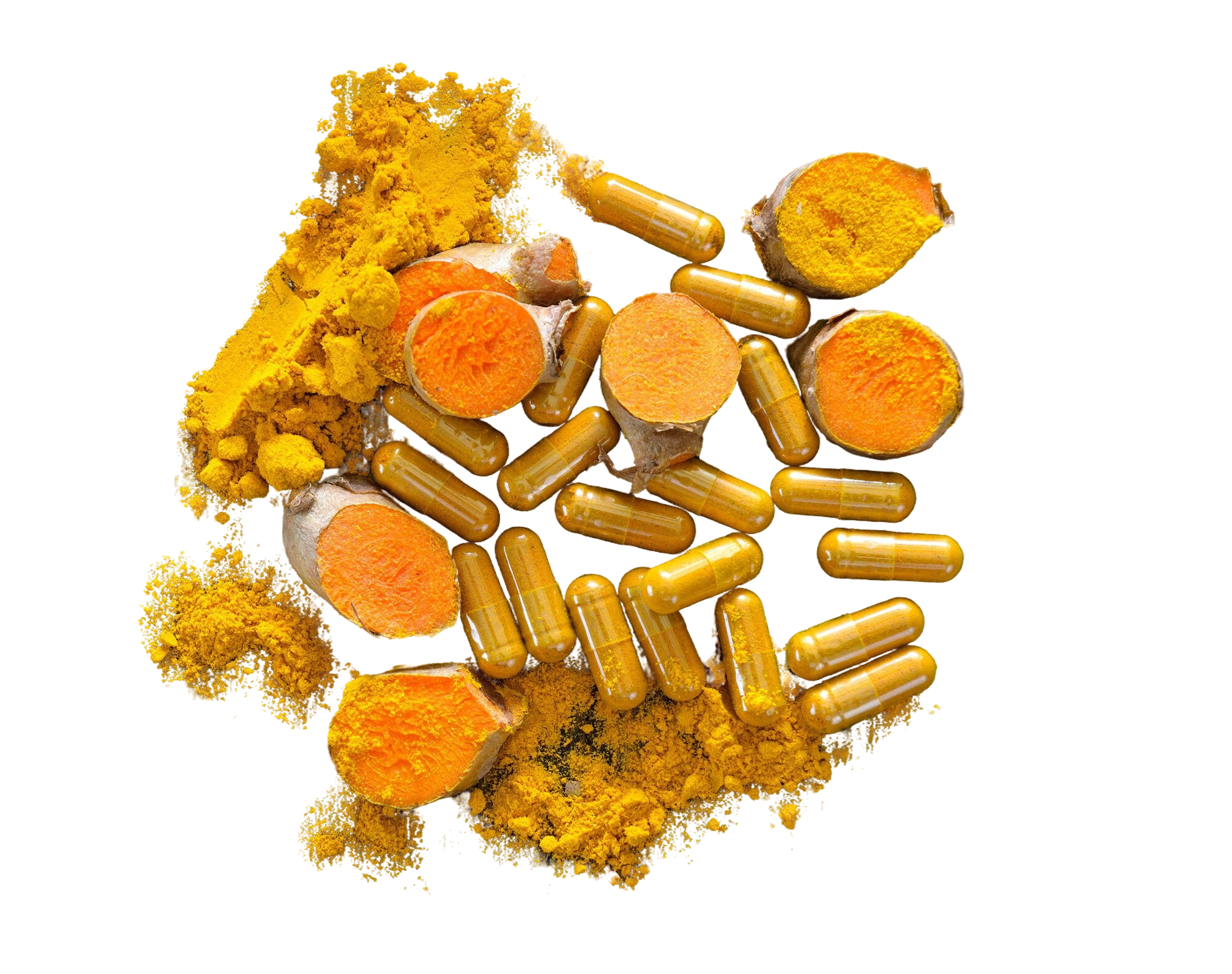
“The food you eat can be either the safest and most powerful form of medicine or the slowest form of poison.”
The potential medicinal properties of natural foods are, in any case, completely absent from the ultra-processed foods that now fill 70% of our supermarkets. That much is certain! We find the information we encounter in the scientific literature about nutrition to be truly fascinating. That’s why we share our findings on our site, www.propernutrition.blog By spreading this information, we hope to inspire you and encourage a more varied and healthier diet!
Follow Us
